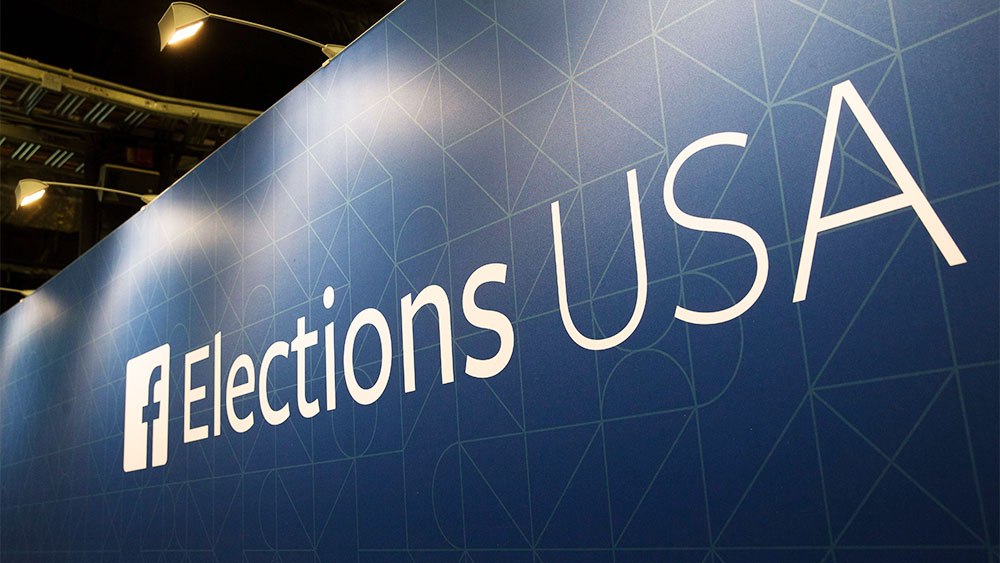
The risk of a discussion on the legitimacy of the votes
In what promises to be a new nightmare in efforts to stop election interference, Facebook Inc. (FB), Twitter Inc. (TWTR) - companies with Nasdaq shares - and others are concerned about the problem of disinformation and other issues following the elections in the United States.
"How can we ensure that voters have accurate information?" Asked Nathaniel Gleicher, head of security at Facebook during a webinar this week, referring to the upcoming elections.
He did not elaborate on the subject, but hinted that there may be attempts by politically oriented groups to question the legitimacy of votes, including voting by mail.
President Donald Trump has endlessly asserted but without evidence that postal voting - which is expected to increase significantly due to the pandemic - is susceptible to large-scale fraud (nearly one in four voters voted this way in the 2016 presidential election. ).
The specter of a week-long debate on the winner of the presidency in 2020, while waiting for the vote count to be concluded, is showing some parallels with the 2000 elections in which the United States Supreme Court intervened. Yoel Roth, Twitter's site integrity manager, echoed Gleicher's concerns, but added that social media companies are better positioned this time around than they were four years ago.
He claims the microblogging service is promoting "credible and authoritative information" at political party conventions and debates. Gleicher added that Facebook is detecting more bad actors than in the 2018 and 2016 elections, thanks to a greater understanding of risk and through coordination with academia, media, and state and local officials.
Curb disinformation about US elections
Facebook, which has repeatedly recognized its part in being exploited by foreign and non-foreign opponents during the 2016 presidential election with fake news and disinformation, this month launched a Voting Information Center to help users with accurate and easy-to-find information. on presidential elections.
Facebook expects this service to reach at least 160 million people in the United States. Twitter, meanwhile, said it will launch specific new tools and measures in the policy, as well as expand its "civic integrity policies" to address false claims about voting by mail.
Among other companies, Snap Inc. (SNAP) has unveiled a new “Voter Registration Mini” tool so that users can register to vote directly on Snapchat. It has also published a "Voter's Guide" with information on topics such as voting by mail and voter registration. At the same time, states like California are offering registered voters the ability to follow the status of their vote until it is counted on online services.
